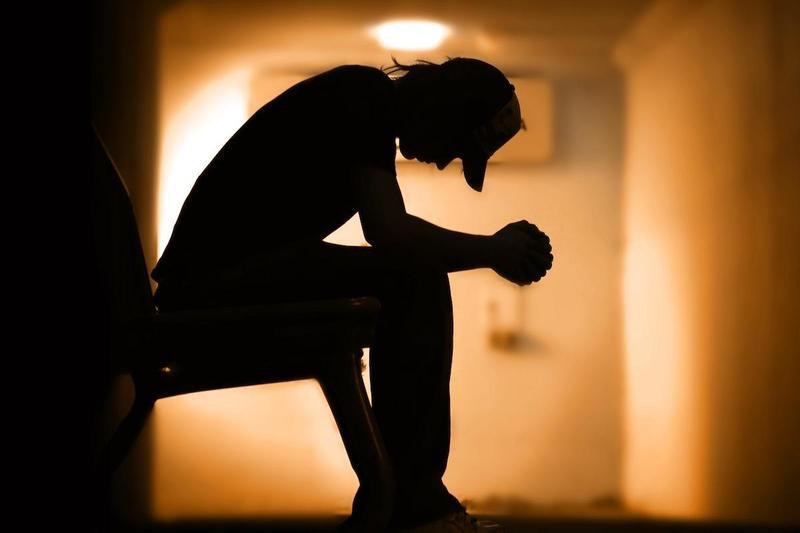What is Complex PTSD?
What is Complex PTSD?
Some mental health professionals make the distinction between the diagnosis of post-traumatic stress disorder (PTSD) and Complex PTSD.
The symptoms of PTSD apply well to people who have experienced a discrete or short-lived traumatic event, such as a motor vehicle accident, natural disaster, or rape. However, the symptoms of PTSD do not always completely map onto the experiences of people who have experienced chronic, repeated, or long-lasting traumatic events, such as childhood sexual and/or physical abuse, domestic violence, or captivity (such as being in a prisoner of war camp).
When it comes to these events, the symptoms of PTSD do not really seem to completely describe the psychological harm, emotional problems, and changes in how people view themselves and the world following chronic traumatic exposure. Therefore, some mental health professionals believe that we should distinguish between the type of PTSD that develops from chronic, long-lasting traumatic events as compared PTSD from short-lived events. The diagnosis of “Complex PTSD” refers to the set of symptoms that commonly follow exposure to a chronic traumatic event.
Events Connected to Complex PTSD
The traumatic events connected to Complex PTSD are long-lasting and generally involve some form of physical or emotional captivity, such as childhood sexual and/or physical abuse or domestic violence. In these types of events, a victim is under the control of another person and does not have the ability to easily escape.
Symptoms of Complex PTSD
The following symptoms stem from exposure to a chronic traumatic event where a person felt captive.
Emotion Regulation Problems
People with Complex PTSD experience difficulties managing their emotions. They may experience severe depression, thoughts of suicide, or have difficulties controlling their anger.
Changes in Consciousness
Following exposure to a chronic traumatic event, a person may repress memories of the traumatic event, experience flashbacks, or experience dissociation.
Changes in How a Person Views Themselves
Symptoms in this category include feelings of helplessness, shame, guilt, or feeling detached and different from others.
Changes in How the Victim Views the Perpetrator
A person with Complex PTSD may feel like he has no power over a perpetrator (the perpetrator has complete power in a relationship). In Complex PTSD, people might also become preoccupied with their relationship with a perpetrator (for example, constant thoughts of wanting revenge).
Changes in Personal Relationships
These symptoms include problems with relationships, such as isolating oneself or being distrusting of others.
Changes in How One Views the World
People exposed to chronic or repeated traumatic events may also lose faith in humanity or have a sense of hopelessness about the future.
Finding Help for Complex PTSD
Complex PTSD can be a debilitating condition.
Most people with Complex PTSD also meet the criteria for a PTSD diagnosis. They may also be at greater risk for abusing substances as a way of trying to cope with severe emotional pain. Many people with Complex PTSD also engage in deliberate self-harm.
If you have been exposed to a chronic traumatic event, it is important to seek out help. You can learn more about Complex PTSD from the National Center for PTSD. Treatments for PTSD and other disorders (for example, Dialectical Behavior Therapy for borderline personality disorder) may also be helpful for a person with Complex PTSD. You can find out more information about treatment providers in your area who might offer some of these treatments through UCompare HealthCare from About.com, as well as the Anxiety Disorder Association of America.
by Matthew Tull For Very Well
Be the first to post a message!
